ONE thing many were waiting to see from the recent Galas by-election was whether Chinese Malaysians would continue supporting Pakatan Rakyat (PR). After all, that has largely been the trend for this ethnic group in almost all by-elections since the 2008 general election.
It was not to be. In fact, Chinese Malaysian support for Barisan Nasional (BN) in Galas increased from 2008. One of three state seats under the Gua Musang parliamentary constituency, Galas was traditionally a BN seat and its fall to PAS in 2008 may be considered an anomaly.
What’s clear for PR ahead of the next general election, is that it cannot take the Chinese Malaysian vote for granted. The psyche and politics of this ethnic group will differ from seat to seat. And in the case of Galas, the DAP, which led the PR campaign among Chinese Malaysian voters, was clearly an outsider and no match for the established MCA machinery there.
Chinese Malaysian voters comprise 20% in the constituency. And despite living in a PAS-ruled state, the Islamist party has not infringed on their lifestyles, some residents told The Nut Graph.
“Outsiders always have the misconception that [Chinese Malaysians in Kelantan] lead a very restricted or miserable life because we’re living under PAS,” said Lai Ah Kheong, 55, from Kampung Baru. Pork and alcohol can be sold openly to non-Muslims in Gua Musang, he added. Kelantan has been under PAS’s rule since 1990.
Indeed, dissatisfaction among the Chinese Malaysians against the PAS state government is not related to religion or culture, but to bread and butter issues. And this is where MCA has been able to cultivate voter support.
Most Chinese Malaysian estate owners here are frustrated with the state government’s snail-paced issuance of land titles, although older folk tend to be forgiving of the PAS administration. Some of them remember how BN took away their lands forcefully in the 1980s for development.
“My children always complain that PAS is taking too long to issue land titles, but I tell them even though PAS is slow [in issuing land titles], at least they have always left the lands we cultivated alone,” says a rubber smallholdings owner from Kampung Pulai, one of the oldest Chinese settlements in Kelantan.
Other discontent revolves around the slow pace of development in Kelantan and frequent disruptions of water and electricity supply.
Determined to recapture Chinese Malaysians’ support to help BN regain the seat, MCA started wooing voters even before nomination day on 26 Oct 2010. Free 1Malaysia dinners, coupled with lucky draw gifts, were held frequently before the start and near the end of the by-election campaign.
Other by-election goodies aimed at Chinese Malaysians included upgrades for Chinese new villages, public housing, and a pledge to rebuild a Chinese school.
In stark contrast, DAP focused on organising ceramahs and occasional walkabouts. It was observed that during their ceramahs, DAP leaders focused on national issues such as corruption and the weaknesses in Budget 2010 while avoiding local issues.
The same residents were seen attending both DAP ceramahs and 1Malaysia dinners. Clearly, attendance at such events are not necessarily a show of support for the organising political party or coalition. ![]()


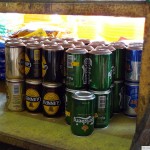




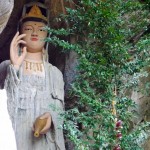



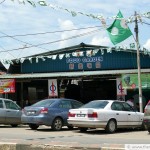
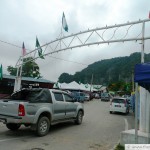
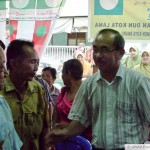
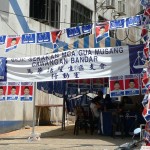


mycuntree says
I think that the Chinese in Galas has failed the nons if it were true that they have reverted their support for BN during the by-election.They have certainly missed another opportunity to sent an unequivocal message to BN that its politics must change, for the betterment of all Malaysians.That is really regrettable.